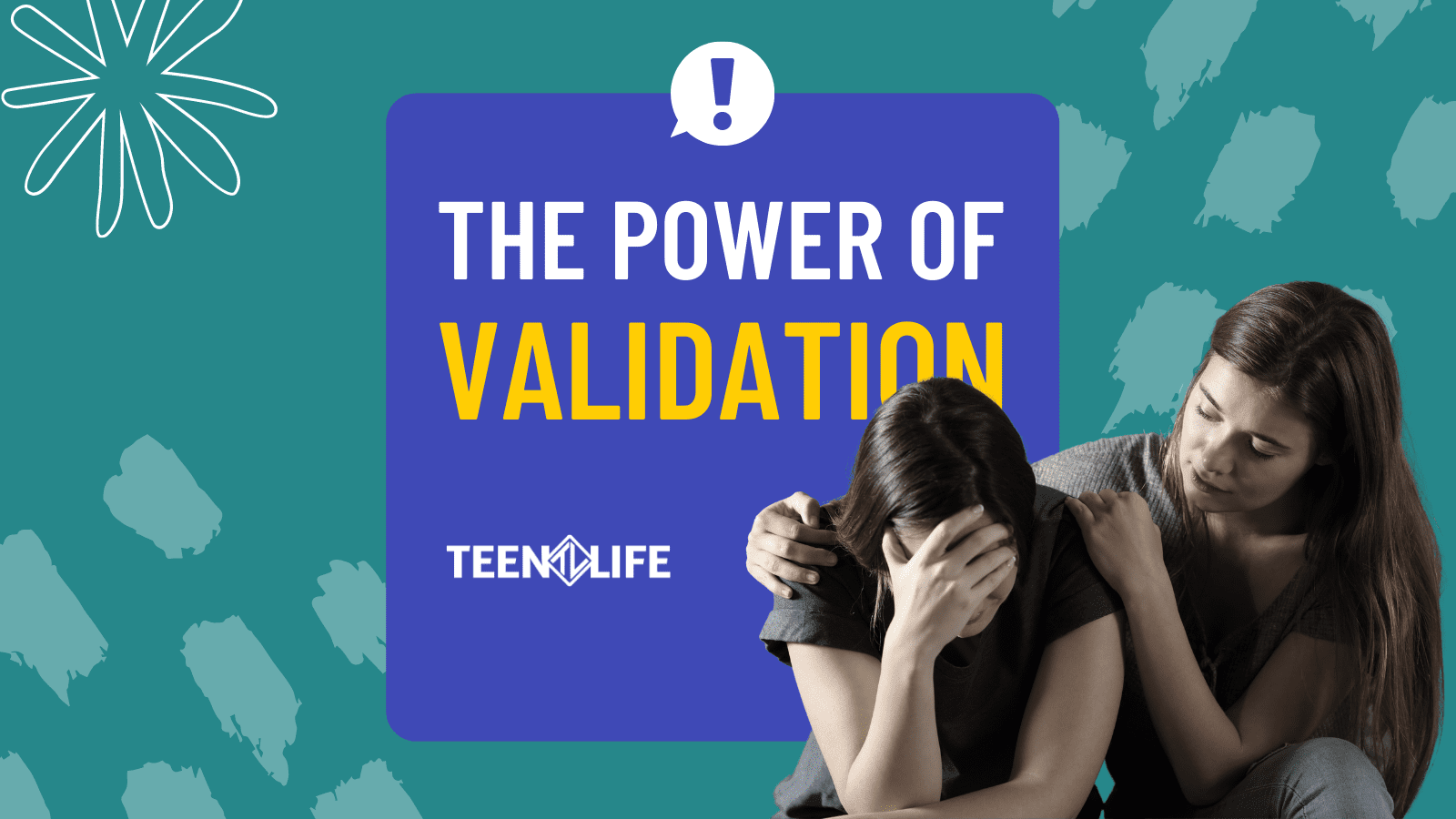
Every Kid Needs a Trophy
Today, we have a guest writer on the Teen Life blog! Seth Nichols is married to our Program Director, Beth. Seth has taught public school for 10 years and prior to that worked as a full-time youth minister. Take a look at what he had to say this week!
Emotionally speaking, our kids today have one of the most challenging paths to adulthood of any generation in history.
My wife, Beth, finished the Cowtown Marathon in 2010. It took every ounce of willpower and determination she had to eek out a glorious 5-hour finish time in a puddle of sweat and tears.
Today, as we were cleaning out drawers, our 5-year-old found her participant’s medal.
“Mommy–did you get first place?!”
After a snarky laugh, the response came– “Sometimes, buddy, you get a medal just for not quitting.”
________________
Some people say our kids today are entitled. That they’re too soft. That they need a trophy for everything.
Maybe they do.
The race they are running isn’t the same one many of us coasted through 30 or 50 years ago.
Theirs runs
up mountains of expectations,
against the winds of financial hardship and class separation,
through rains of data-driven critique,
far from home,
alone from adult interaction,
lost in a cyber-world that threatens YouTube clips any time they trip or #fail.
Their race is not for the faint of Spirit.
Every distance runner knows that the worst part of any race is the head-game. Of course they’re sensitive. But the fact that they are still running means they’re also courageous. They may not be making record time. But just by their not quitting, we are witnessing cause for celebration.
It isn’t easy. Disconnection and isolation can make even a comfy Suburban life seem impossibly difficult.
So cheer your kids on today. They need you. Resist those grumpy voices in your head from past generations that say you’re being too soft, that you’re encouraging entitlement, that you’re making them too thin-skinned.

Trust me when I say– life in the 21st century will make them calloused enough without your help.
__________________
After 15 years of youth work, I have come to this conclusion: our kids are entitled. They are entitled to every drop of our scant praise, our scarce love and our meager encouragement to keep on running. They are entitled because they are our kids.
The course set for them is long and hard. And we may just be witnessing the miracle of the human spirit with every graduation, every new class, and every next step.

So give your kids a trophy. Let love flow freely, and critique run dry. And with your little morsel of praise to nudge them on, who knows what mountains they may conquer next?






